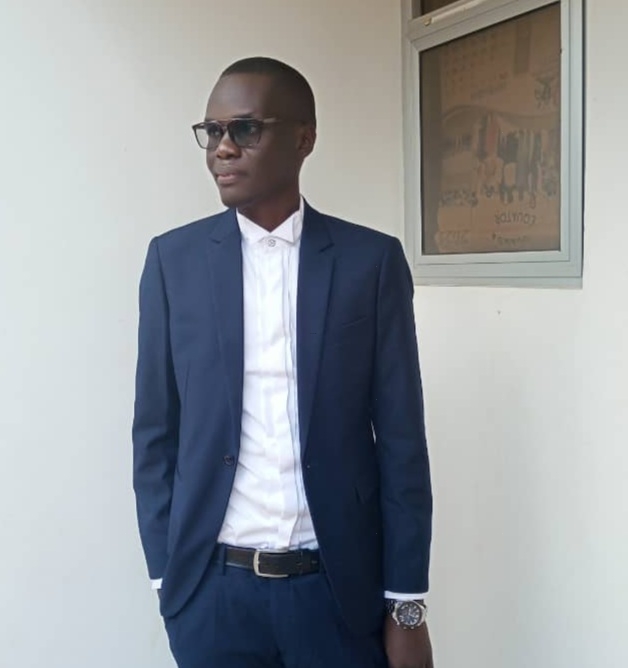By Patriot Corps
In a letter to the European Court of Human Rights (ECHR), Ugandan lawyer Okello has called for the rescheduling of his case hearing, which centers on the sanctions imposed on the Speaker of Uganda’s Parliament Rt Hon Anita Among. Okello’s case seeks to challenge the legitimacy of these sanctions, arguing that they undermine the Speaker’s ability to serve and infringe upon democratic principles. He emphasized that swift justice is crucial to maintaining societal harmony and public trust in the judicial process.
Okello’s appeal highlights growing concerns over the ECHR’s handling of cases, with the extended delay in addressing this particular case raising questions about the court’s capacity to ensure timely justice. His request for urgency reflects the high stakes involved, as the sanctions affect a key figure in Uganda’s government and may have broader implications for governance and the rule of law in the country.
Despite the lack of a response from the ECHR, Okello remains hopeful that the court will soon address the issue. He continues to place confidence in the institution’s role in upholding democratic norms and protecting individual rights, even as the delays drag on.
The case has sparked widespread discussion about the consequences of delayed justice. Many share Okello’s concern that protracted legal proceedings erode public confidence in the judicial system. In his letter, Okello argued that the failure to deliver timely justice not only harms the affected party in this case, the Speaker but also weakens the credibility of the entire legal framework. This delay, he noted, jeopardizes the public’s trust in international legal bodies’ ability to act impartially and efficiently.
As he awaits the court’s response, Okello remains committed to advocating for a prompt resolution. His case serves as a significant test for the ECHR’s capacity to handle high-profile, politically sensitive cases while delivering fair and timely rulings. The outcome could have far-reaching implications for Uganda’s legal and political landscape, as well as the broader perception of the international judicial system’s effectiveness.


